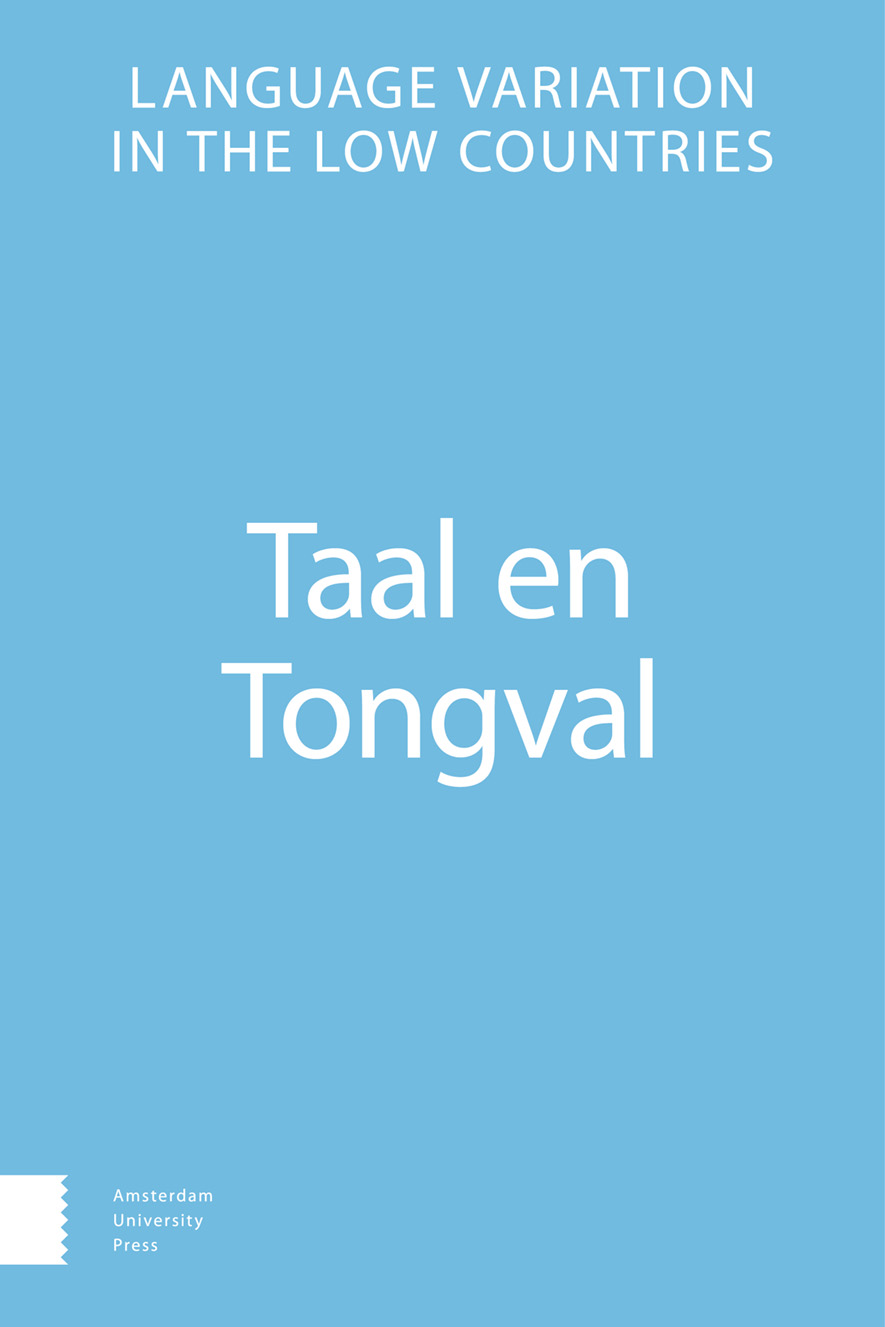-
oa De verspreiding van de -e(n)-uitgang in attributieve positie
- Amsterdam University Press
- Source: Taal en Tongval, Volume 61, Issue 3, Jan 2009, p. 111 - 142
Abstract
This article focuses on a well-known aspect of masculine nouns in the Southern Dutch dialects that has not received much attention in the literature, however: the fact that attributive elements are optionally inflected with an -e(n)-suffix. The appearance of the -n is moreover regulated by a number of phonological conditions. By means of the Corpus of Spoken Dutch and fourteen determiners that were operationalised as linguistic variables, we investigate three questions: the validity of the set of phonological restrictions just mentioned, the problem of the demarcation of the three genders in the light of the masculinisation tendency, and the interplay between internal and external factors in the explanation of the presence of -e(n). It is revealed that, for the first question, the restrictions listed in the literature are to a large extent valid, but that they also exhibit quite a range of variation. For the second question, the difference between the three genders is shown to be statistically significant, rendering the evidence for the masculinisation process in fact problematic. This is substantiated in the analysis of the third question where the -e(n)-suffix is found to be a marker of register rather than gender, and that it is furthermore characteristic of speakers of the new elite in Flanders that emerged under the economical growth after World War Two and the accompanying rise in affluence.


